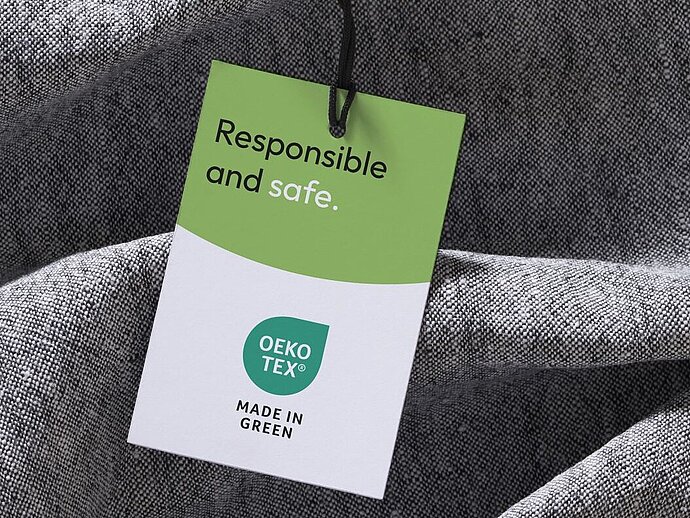

Different certifications cover various aspects of a product’s supply chain, each with a different focus, such as:
Some certifications emphasise social manufacturing conditions, while others prioritize environmental or health factors. Additionally, some certifications aim to provide a comprehensive approach, addressing both social and environmental concerns holistically. Understanding certifications in 2025 helps you make informed decisions, aligning your fashion purchases with your values.